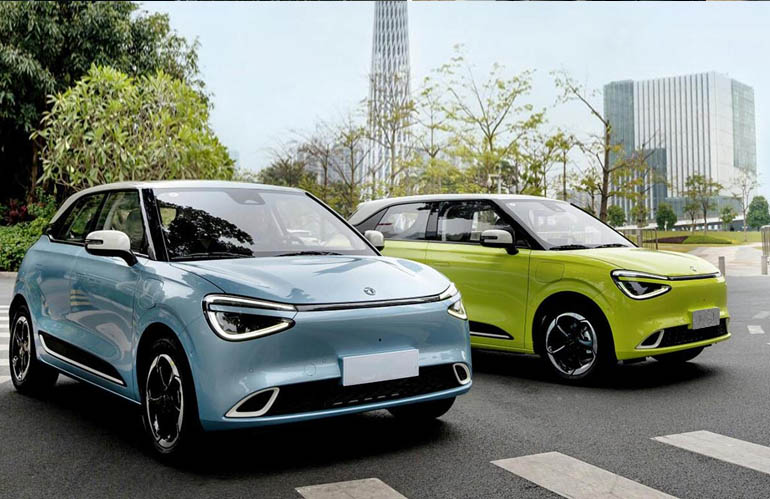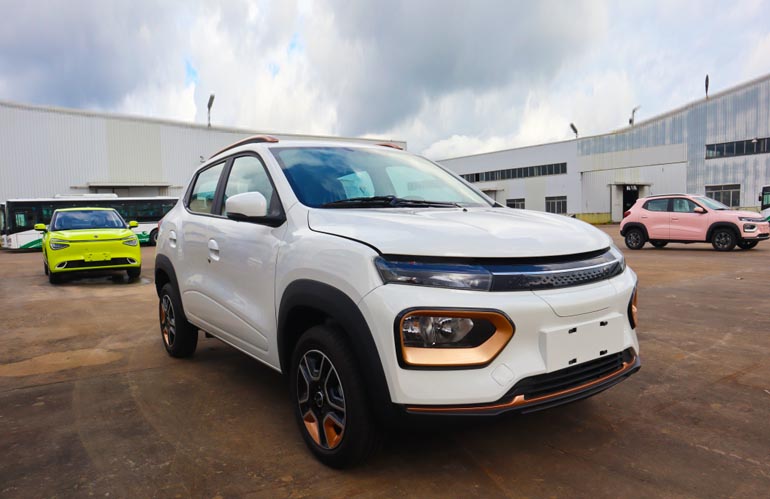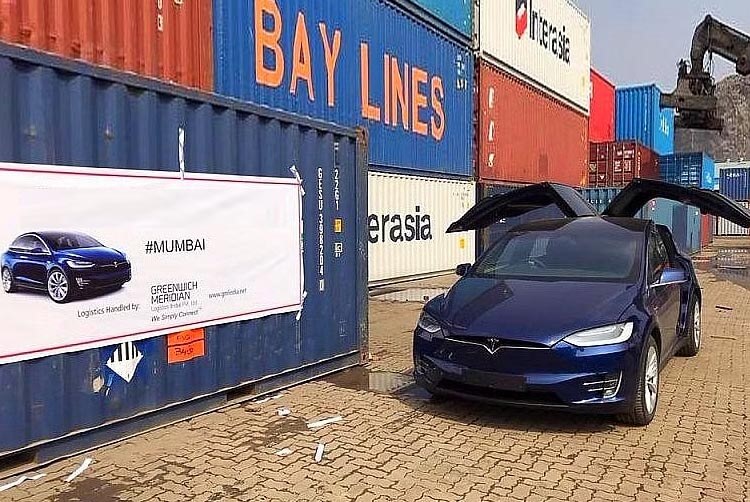Globally, electric cars are slowly becoming a thing. The shift from our normal regular cars to electric cars is slowly gaining traction, and Nigeria is no exception. There have been several conversations here and there about the future of electric cars in Nigeria. A few prominent people in Nigeria already have electric cars, like Tesla BYD, and even Kia EV5 is already available in Nigeria, but there are still concerns that the revolution may not gain ground in Nigeria because of the country’s perennial power challenge and some other challenges. Is there a future for electric cars in Nigeria, or is it just a fad? Let’s explore this in this article.
Table of Contents
What are electric vehicles?
Electric vehicles are essentially vehicles that are powered partly or fully by a battery, in which the source of charging is a direct connection to the mains. It operates on electric motors instead of an internal combustion engine. Electric vehicles are of two types: a vehicle that can only be powered by an electric motor that draws electricity from a battery (EV), and a vehicle that can be powered by an electric motor that draws electricity from a battery and by an internal combustion engine (plug-in hybrid electric vehicle). In simple terms, an electric vehicle draws electricity from a battery and is capable of being charged from an external source.
The benefits of electric vehicles in Nigeria
1. Reduced Emissions and Air Pollution
One of the major benefits of electric vehicles in Nigeria is that it leads to cleaner air. Electric vehicles do not emit harmful gases when you drive. Unlike our normal petrol cars that release these harmful gases, an EV doesn’t pollute the air; it gives off zero emissions. Nigeria is known as the largest producer of oil in Africa. As a result, a lot of environmental challenges are faced due to increased pollution from the combustion of fossil fuels. Transitioning to electric vehicles can help mitigate that, improving the quality of air and the public air at large.
2. Reduces money spent on fuel
Currently, the price of fuel is alarming, and it is increasing by the day. Getting an EV saves you the money spent on fuel. Charging your EV battery at home is cheaper than paying for fuel and petrol all the time considering how expensive that is. Although you still have to spend on electricity, it is relatively cheaper. Many people power their EVs with solar panels on the roof, so that still helps with the cost of electricity too.
3. Reduced cost of maintenance
With electric vehicles, the cost of maintenance is reduced because there is barely an issue of wear and tear on the engine. An electric car’s engine has far fewer moving parts than an internal combustion unit, so electric motors also need less maintenance than petrol engines over time. A normal petrol car engine has hundreds of components, with a lot of moving parts that need to be lubricated with fresh oil, with some parts requiring regular replacements. Electric vehicles still require maintenance but have fewer moving parts, meaning relatively less maintenance.
4. Reduced noise pollution
Ever been in the busy streets of Lagos? You’d hear lots of noises from all sorts of cars and commercial buses. If we had more electric vehicles on the road, that wouldn’t be a problem. Electric vehicles offer a more quiet and comfortable ride. Electric motors are whisper quiet, offering no more than a low-frequency hum in the background.
5. Electric cars are fast and have better performance.
The driving experience is different with electric cars; they usually feel responsive as the torque is near-instant once they’re put in motion. In fact, some electric cars are even faster than supercars.
- The downsides for electric vehicles in Nigeria
1. Limited charging stations Have you ever randomly seen an electric vehicle charging station in Nigeria? That’s because there are limited charging stations in Nigeria. If you were to get an electric vehicle today, you would have to deal with charging yourself. There are no charging infrastructures made available in Nigeria, so if your car runs out of battery on the road, that could be a problem. This lack of charging options is especially problematic for urban dwellers who live in apartments and don’t have access to at-home charging. As a result, finding charging stations can be stressful.
2. Electric cars are expensive.
Electric cars are more expensive than regular cars. This is because they are not produced at a normal scale like regular cars. Producing an electric car requires a lot of technology and technical know-how, and that isn’t cheap. Making lithium-ion batteries and electric motors is more costly than producing internal combustion engines. However, we are hopeful that as technology advances and more electric cars hit the market, they might get a little bit cheaper in a couple of years to come.
3. More time is spent on charging and refuelling.
Charging an electric car takes more time than refuelling a petrol car. It takes hours to charge an electric car to maximum capacity. If there were a lot of charging stations on the road where one could easily charge in the event of battery running out, the charging issue wouldn’t be a problem. But because of the lack of charging stations, one has to charge his car to full capacity before hitting the road to avoid getting stranded.
4. Difficult to maintain
As much as electric cars require a low cost of maintenance, they also require technical know-how. In the event of needing maintenance, an electric car might be difficult to maintain because we do not have a lot of experts in Nigeria yet.
5. Electricity isn’t free.
Even though the price of fuel is very high and embracing electric cars might seem like a good solution, electricity isn’t free as well. Unless you have a solar system that can comfortably charge your car, it might be a hassle to spend on electricity to charge your car in Nigeria.
Electric Vehicles: The future or just a fad?
Although there are downsides to electric vehicle adoption in Nigeria, with the right policies in place, the advantages of electric vehicle adoption in Nigeria outweigh the downsides. It is safe to say that the government plays a huge role in the adoption of electric vehicles. With enough awareness, partnership, collaboration, and good government policies, electric vehicles can be possible in Nigeria.
At the moment, we could say that Nigeria isn’t ready for EVs yet, but in a few years, it will be. Even with the challenges of electric vehicle adoption in Nigeria, some celebrities and prominent personalities are still adopting it. So in a couple of years, it would be a household name in Nigeria just like regular vehicles.
Have 1 million naira and above to Buy or Sell Cars In Nigeria? Check carlots.ng
All rights reserved. Reproduction, publication, broadcasting, rewriting, or redistribution of this material and other digital content on carmart.ng is strictly prohibited without prior express written permission from Carmart Nigeria - Contact: [email protected]







